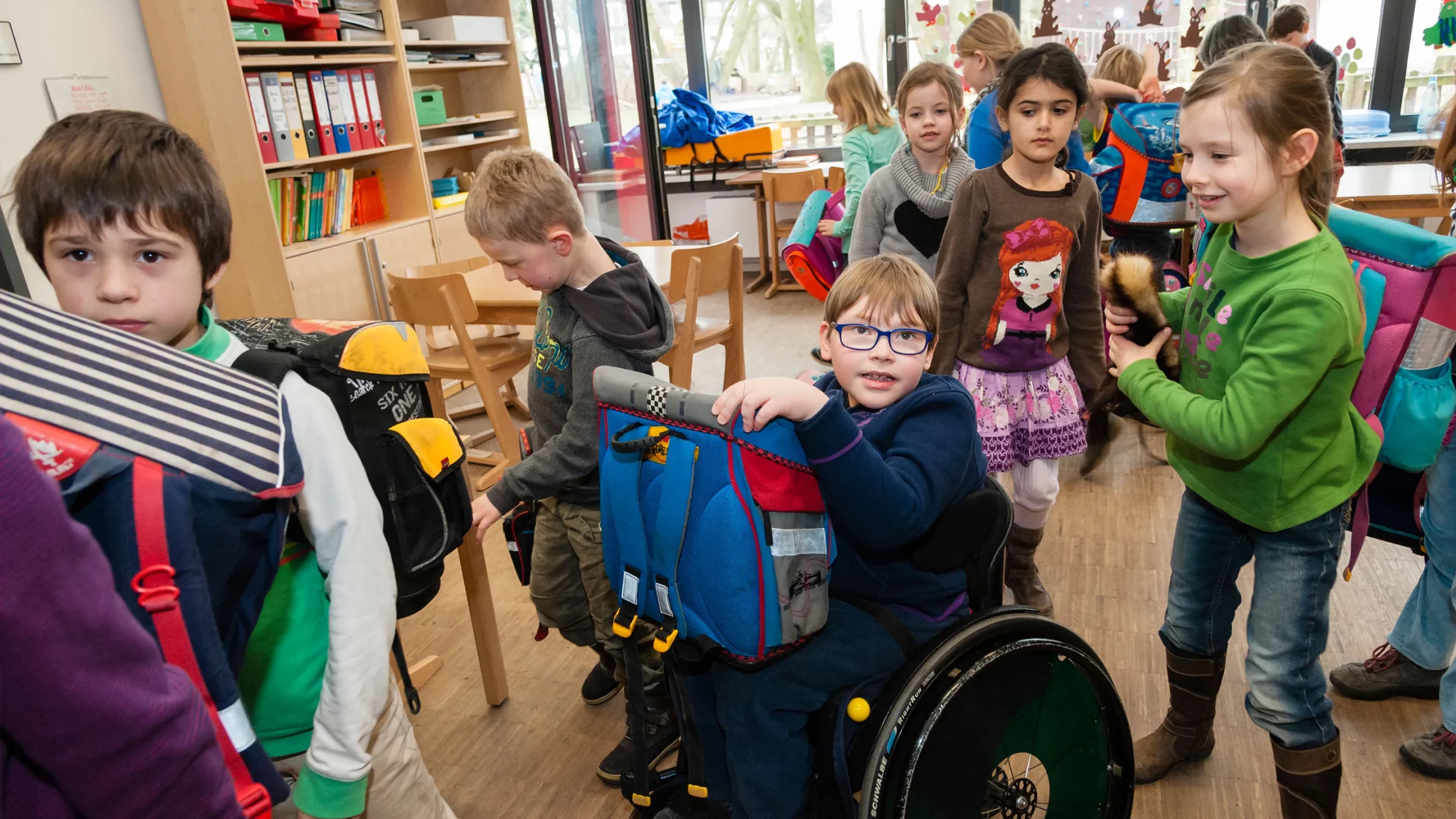
Introduction:
In recent years, the education sector has seen a growing emphasis on promoting diversity and inclusivity in curricula. This shift in focus aims to ensure that educational materials and content reflect the rich tapestry of cultures, experiences, and perspectives present in society. The debate over inclusive education has gained traction, raising questions about the benefits, challenges, and potential impacts of incorporating diverse content into the curriculum.
The Importance of Inclusive Education:
Representation Matters: Inclusive education ensures that students from all backgrounds see themselves and their experiences represented in the curriculum. This can enhance their sense of belonging, self-esteem, and engagement with learning materials.
Cultural Competency: Exposure to diverse perspectives fosters cultural competency, helping students navigate a multicultural world with empathy and respect. It prepares them to interact effectively with individuals from different backgrounds.
Critical Thinking: Inclusive curricula encourage critical thinking by presenting various viewpoints and challenging students to analyze and evaluate information from different angles. This promotes a well-rounded education that goes beyond rote memorization.
Preparation for Global Citizenship: In a globalized world, students need to be equipped with the skills to thrive in diverse environments. Inclusive education helps students become informed and responsible global citizens.
Debate Points:
Balancing Representation: Critics argue that while representation is important, it’s equally crucial to maintain academic rigor and not compromise content quality for the sake of diversity.
Cultural Appropriation vs. Appreciation: A fine line exists between celebrating diversity and appropriating cultures. Some fear that misrepresentation or superficial treatment of cultures can perpetuate stereotypes.
Historical Accuracy: The inclusion of diverse perspectives might challenge traditional narratives, leading to debates about the accuracy of historical accounts and the potential revisionism in curricula.
Parental Concerns: Some parents might express concerns about exposing their children to certain topics or viewpoints that they deem inappropriate or contrary to their beliefs.
Implementation Challenges: Integrating diverse content into curricula requires well-trained teachers, appropriate resources, and ongoing support. This can be logistically challenging for education systems.
Overwhelming Curriculum: With limited time and resources, educators might struggle to cover a broad range of topics, potentially leading to superficial treatment of subjects.
Benefits of Inclusive Education:
Enhanced Learning Experience: Diverse curricula can engage students’ interests and foster a deeper understanding of complex issues through varied perspectives.
Reduced Prejudice and Stereotyping: Exposure to diverse content can challenge biases and stereotypes, promoting tolerance and reducing prejudice among students.
